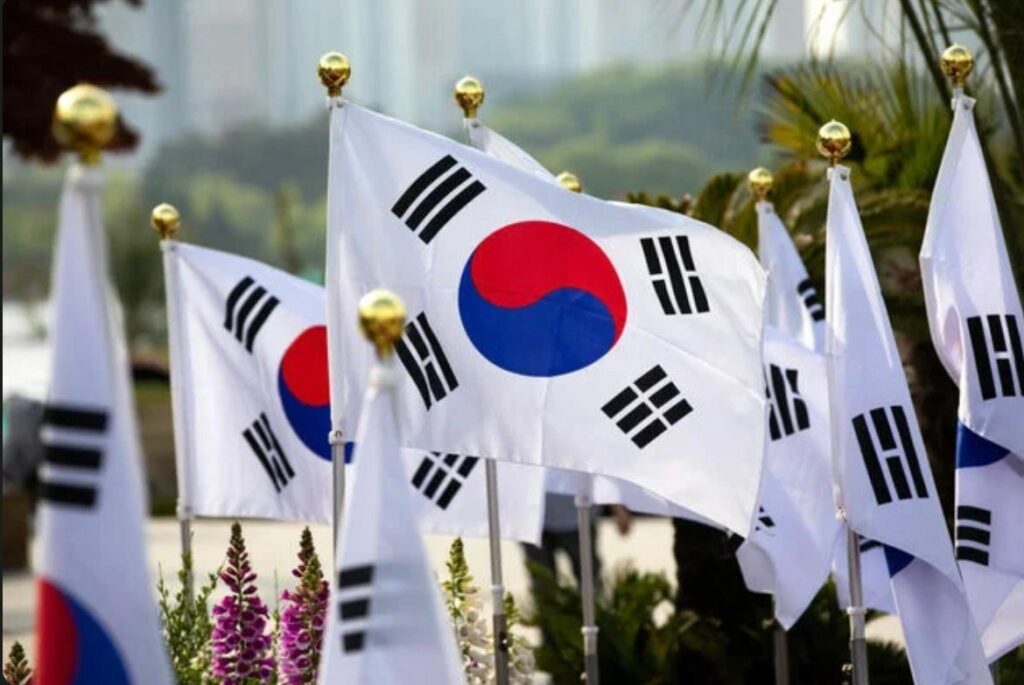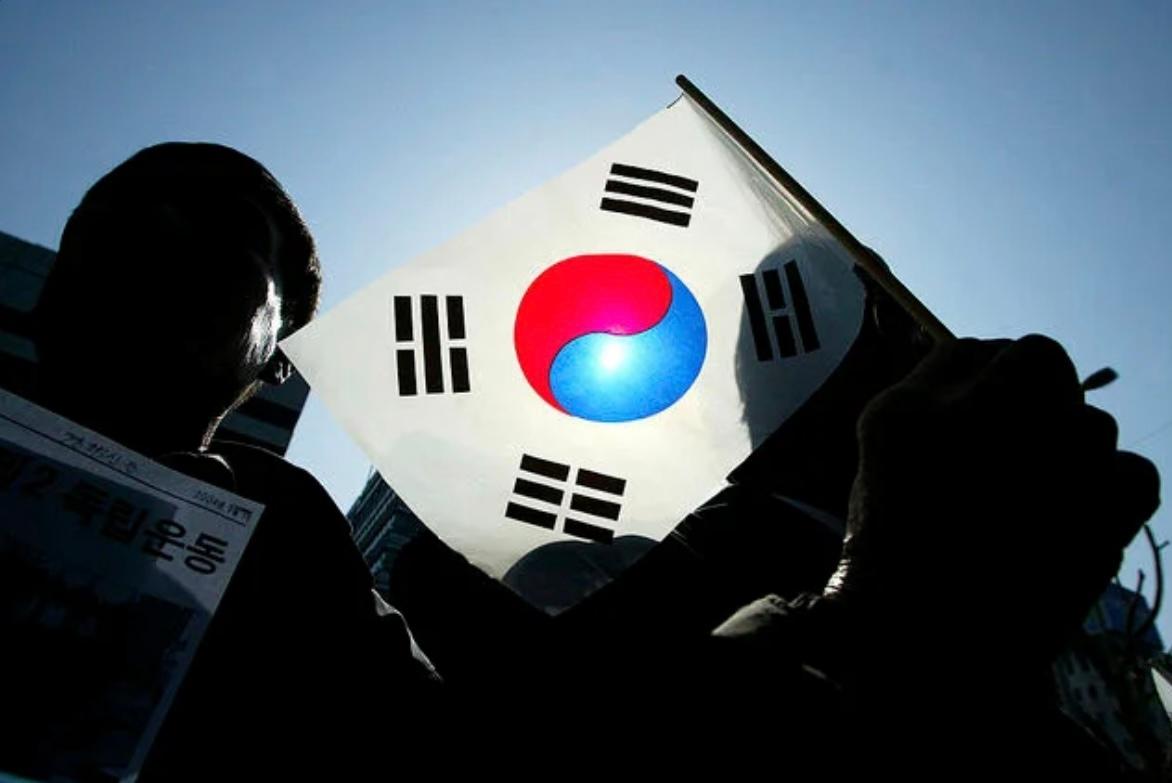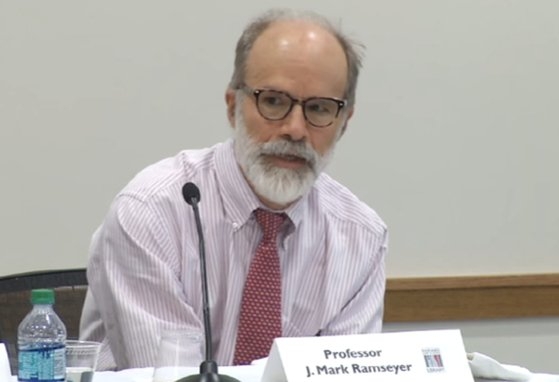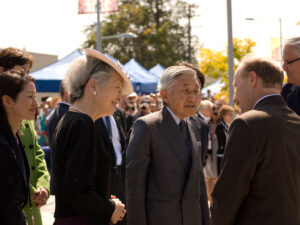
When I said to my wife, ‘Let’s go to Japan on a trip for the March 1st holiday (March 1, 1919, the day commemorating the March 1st Independence Movement),’ she told me that I was insane, but on the contrary, she said I was the odd one out. Did I say something so strange? Among the national holidays commemorating national celebrations, Korea’s Samhainjae is the first holiday of the year, and it is a holiday designated by law. It has a symbolic meaning in that it commemorates the March 31 Independence Movement, when the Korean people resisted the colonial rule of the imperialist nation of Japan and made their will for independence known to the world. However, for the past several years, every time the March 1st holiday approaches, there has been a debate at home and at work over whether it is appropriate to travel to Japan for the holiday. This year, the March 11th holiday falls on a Friday, making it a three-day weekend, and the number of people traveling to Japan for the holiday has surged once again, making the debate even more heated. According to the airline industry, as of the 23rd of last month, most airlines have booked more than 85-90% of their flights to Japan. This means that flights to Japan for the March 1st holiday are virtually sold out. An airline industry official said, “Recently, I don’t feel that people are in the mood to not go to Japan just because it is the 31st day of the year. Since the holidays are only three days long, people seem to prefer Japan because of its proximity. The story of a boom in travel to Japan for the 31st consecutive holidays has been met with a battle between “undesirable” and “fine” opinions both on the Internet and in the real world. Mr. A, an office worker in his 30s living in Seoul, said, “A close junior colleague of mine told me that he was going on a trip to Japan for the upcoming consecutive holidays, and although I ostensibly said, ‘Have a nice trip,’ secretly I felt cold feet. No matter how much it is a legal holiday, I think it is unthinking to go to Japan on a trip on the 31st day of the month because it makes the circumstances of how it became a holiday meaningless,” he said. However, there are not a few counterarguments. Mr. B, an office worker in his 30s living in Busan, said, “If you question the meaning of a national holiday in such a strict manner, then it would be ‘insane’ to go somewhere other than Japan on a national holiday and make a big fuss or have fun. It is excessive solemnism that suppresses the freedom of others to condemn them for traveling to Japan on a national holiday when it was a country where individual freedom was guaranteed that the martyrs (those who died fighting for their country) tried to make it independent and establish the nation. This newspaper commissioned the SMC&C survey platform “tillion Pro” to ask 1,500 men and women in their 20s-60s on the 26th and 27th of last month, the days before Samhain (August 15, 1945, the day Japan regained its sovereignty that had been stolen by Japan), “If you travel to Japan on Samhain or Kwanbok (August 15, 1945, the day Japan regained its sovereignty), would you say ’emergency’? Do you think it would be ‘insane’ if you went to Japan on vacation?” The question was asked. To this question, 63% of the respondents answered “undesirable. Of these, 65% were women and 59% were men. On the other hand, 37% of the respondents said that it is “fine” to travel to Japan on national holidays, with a 6-4 split between those who said it is “insane” and those who disagreed. In the past, there was a view that the MZ generation or those closer to that generation would act irrespective of holidays, but in this survey, there was little difference by generation. Rather, those in their 60s were the most likely to say that they would be willing to travel to Japan for the 31st holiday, at 40%.
How should we view these responses? Critic Noh Jung-tae says, “Up to the generation born in the early 1980s, anti-Japanese sentiment based on the fear that ‘Japan is much better off than Korea’ has taken root, even if it is not state-educated anti-Japanese sentiment. On the other hand, the younger generation, born after 1980’s, is different in that, in addition to state-educated anti-Japanism, they also have an aggressive anti-Japanism, which is based on the idea that “Korea is better than Japan,” and that Japan is almost the same or even worse than Korea. When those who thought it was undesirable to travel to Japan for Samhainese New Year’s Day were asked why, the most common response, at 45%, was that “it is not in keeping with the purpose of the holiday to go to Japan when one can go elsewhere. This was followed by “Because it is shameless behavior considering the martyrs” (35%) and “It is undesirable to spend money on sightseeing in Japan because it will help Japan” (20%). Conversely, when those who thought it was “acceptable to visit Japan on vacation” were asked why, 54% said, “Because it is a personal choice to travel. This response was higher than the overall average of 61% of those in their 20s and 60% of those in their 60s. The next most common responses were “because I can keep the meaning of the holiday in my heart regardless of where I am” (30%) and “it is an anachronism to condemn only travel to Japan” (16%). As for the repeated controversy, 35% of respondents said “It is a personal choice and should be left alone” and 35% said “Government public relations and policies are needed. Twenty percent of respondents said that “citizens should stand up and criticize and prevent behavior that undermines the purpose of the holiday,” while 11% said that “if the purpose of the holiday is undermined, the holiday should be eliminated. Noh Jung-tae commented on the controversy, “This is because since the nationalistic holiday culture and custom of sounding the siren on national holidays to commemorate national celebrations has disappeared, the only thing that remains is the idea of a ‘legally designated holiday. It is more important to formulate a new discourse and culture on how to commemorate and spend holidays than to engage in exhausting debates about whether or not it is OK to visit certain countries.
By Bae Jun-yong, Reporter, The Chosun Ilbo











